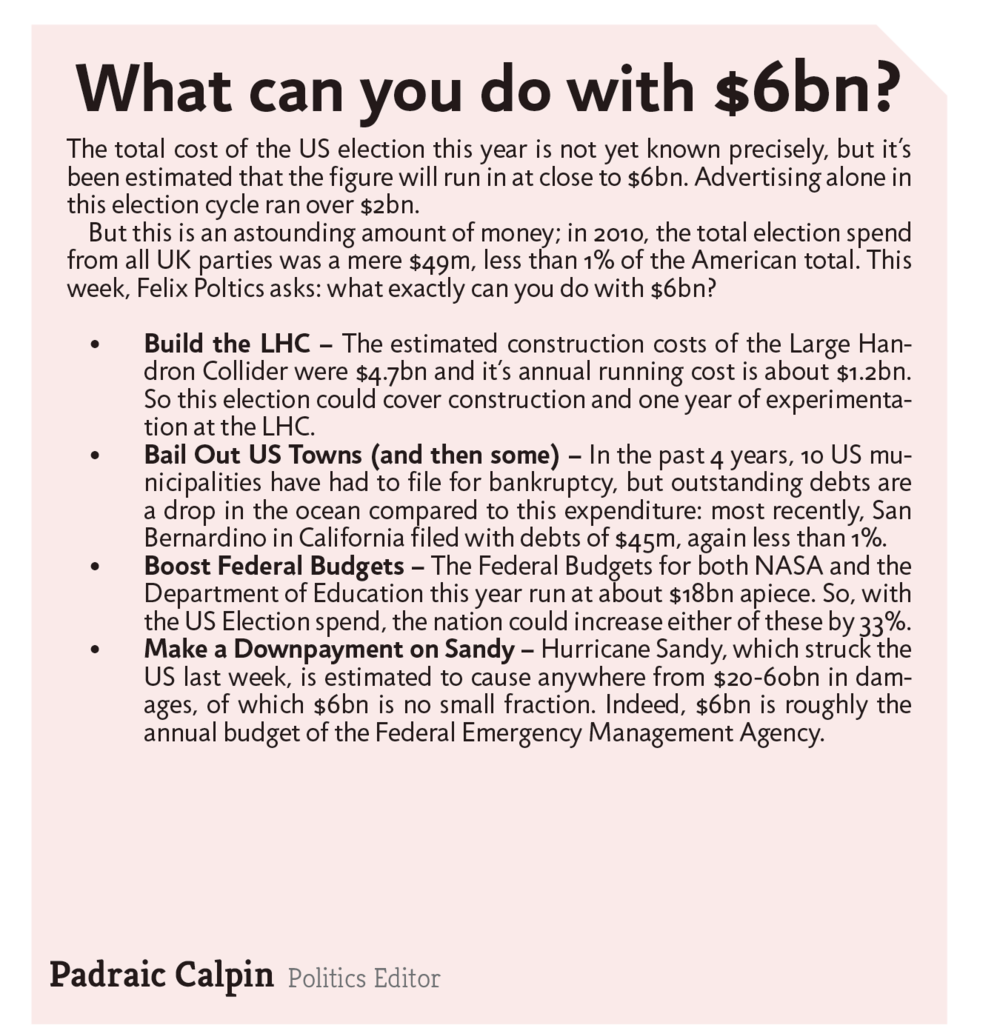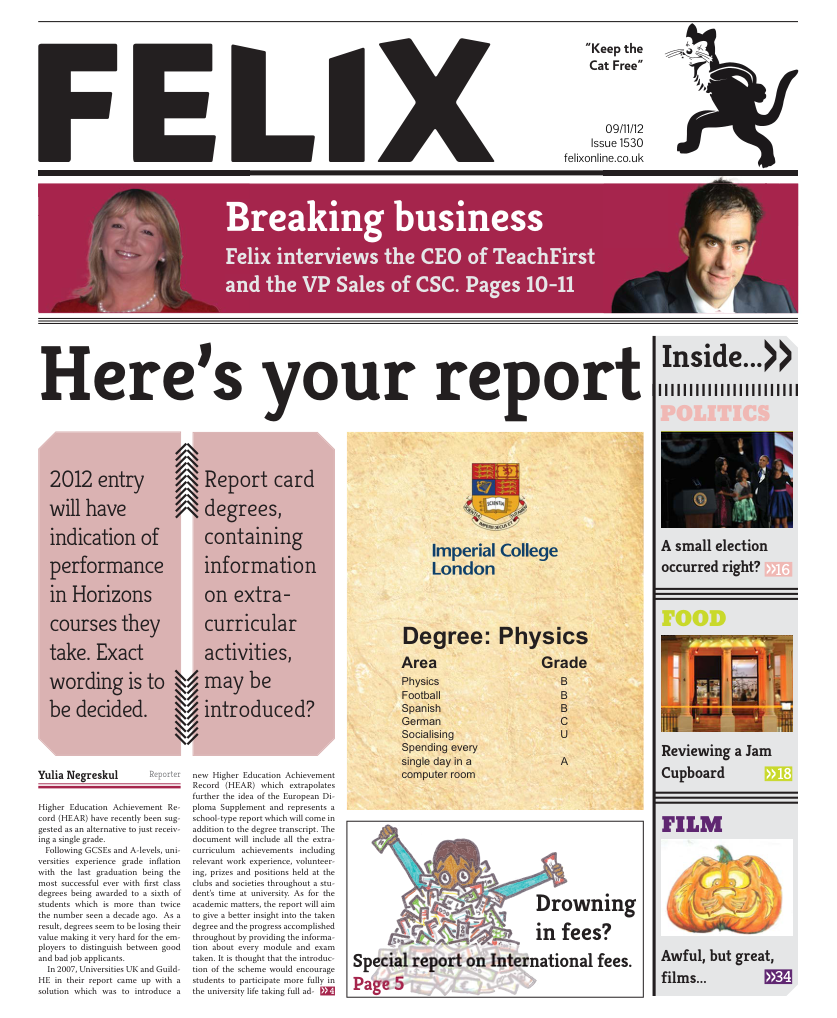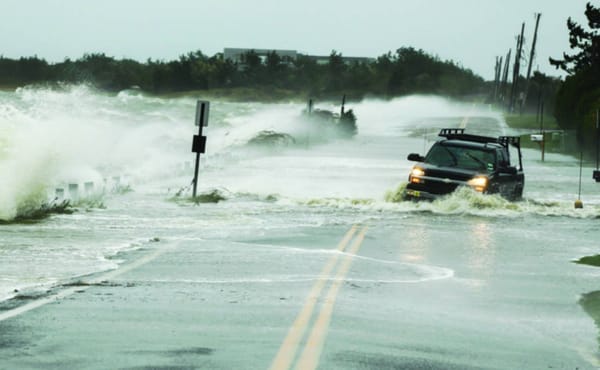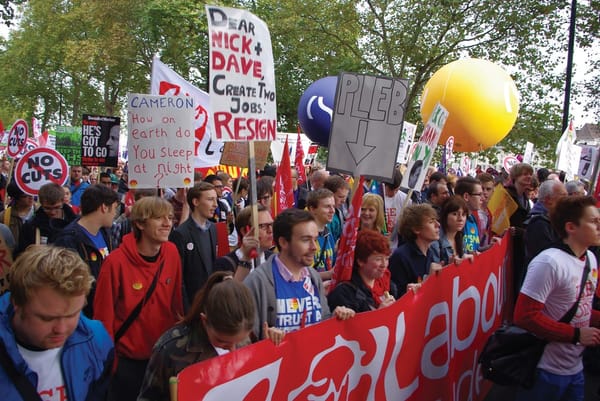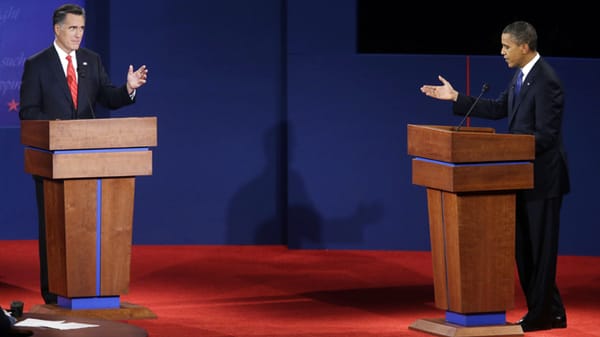Obama Claims Second Term
Emilie Beauchamp has the results from America
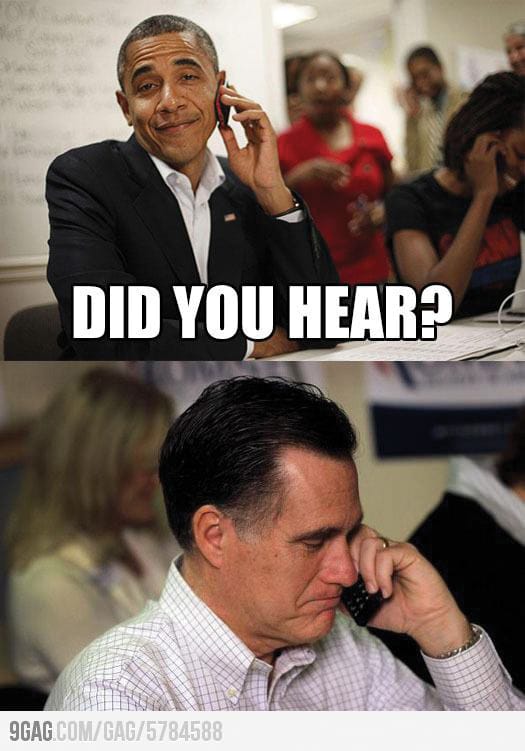
Last Tuesday, 6 November 2012, Americans re-elected Barack Obama as the President of the United States, for a second and last four year mandate. It was a slim victory after a harrowing campaign, nothing as glamorous as his first ‘Yes we can’ pinnacle, but still a win. Shall we finally see Obama power through with his close-hearted healthcare and tax reforms? Does this mean new beginnings of hope for peace on Earth? Far from it. For those who have slept through the most important political event of the year, here is a blitz on what needs to be known about what happened, what to expect in the US over the next four years and what it means for the rest of the world.
And the exhausted winner is…
The 2012 race to Presidency was one of the most competitive in ages, with polls swaying left and right for a new favouritecandidate every hour. Both hopefuls spent relentless weeks and altogether more than $1.5 billion on aggressive campaigns. Last Wednesday 7 November, at approximately 6 GMT, President Obama was declared re-elected with a total of 302 votes hence securing the 270 votes required to get elected. On his side, Romney won 206 votes, while 29 remained unallocated – meaning the voters simply didn’t turn up. In parallel, the Democrats retained a majority in the Senate, but the House of Representative is still dominated by the Republicans.
Last Wednesday 7 November, at approximately 6 GMT, President Obama was declared re-elected with a total of 302 votes hence securing the 270 votes required to get elected
What does this all mean? As an apparte, in the US, it is good to remember that individuals vote through the electoral college, who are pledged to presidential and vice-presidential candidates based on the popular vote. Each state and the District of Columbia have different quantities of votes allocated pro rata to their population. To be elected President one has to gain 270 of the 538 votes dispersed across the country. This explains why while the map of the US can seem overwhelmingly crimson at first glance with a large band of sworn Republican states in the middle of the country; the dedicated Democratic coastal states prove to be more populous. This last election was considered particularly competitive, as eight ‘swing’ states (representing 18% of the US population) were oscillating between camps long into Election Day: Colorado, Florida, Iowa, Nevada, New Hampshire, Ohio, Virginia, and Wisconsin. In the wee hours of the morning, Iowa swayed for Obama, making him clear the magic 270 mark to get re-elected.
Dark clouds will linger
While Obama won a second term, he will still be dragging relics of his past. First, the President will be facing a gridlocked Congress, which will keep on making it hard for him to press on his agenda. As a brief recap, the President can only sign a law once the Congress has passed it as a bill. But this in turn requires that the two Houses of the Congress, or the Senate and the House of Representatives,
Obama faces the enormous task of tackling the national economy. Amongst others, this means addressing the stagnant 7.9% unemployment rate, dealing with a $1 trillion in annual deficits, trimming the $16 trillion national debt and facing a fiscal policy reform legally planned for the beginning of 2013
agree together. The intended purpose of this intricate political system is to prevent anything less than a wildly popular President passing unilateral laws without checks. In other words, it usually makes legislating very slow to avoid politicians infringing on individual rights and liberties of the American populace.
Against that background, Obama faces the enormous task of tackling the national economy. Amongst others, this means addressing the stagnant 7.9% unemployment rate, dealing with a $1 trillion in annual deficits, trimming the $16 trillion national debt and facing a fiscal policy reform legally planned for the beginning of 2013. One might wonder why Obama still wishes to be Head of the US in such ominous circumstances. But Democrats heading the country means more in terms of state liberties. Take for example Maine and Maryland’s population, who have already rushed to put in place same-sex marriage legislations. Similarly, Colorado and Washington became the first U.S. states to legalize the possession and sale of marijuana for recreational use just last Tuesday.
Better news for us than the US
With regards to foreign policy, not much change is expected either but this is rather good news for the world. In fact, the continuation of the Obama administration is an immense sigh of relief for most countries. Embroiled in its economic crisis, the last thing the EU needs is a distraction from internal affairs in lieu of new Republican foreign policy, having built joint positions with the Democrats over
Troops will continue to withdraw from Afghanistan, but new conflicts have taken the spotlight: the war in Syria only ever expanding to neighbouring states
the past four years. While there are no grand strategies over international aid and development in Africa and Asia, we can expect a closing of trade relationships in Central and South America – yet nothing out of the bloom.
America’s current focus on the Middle East is likely to remain too. Troops will continue to withdraw from Afghanistan, but new conflicts have taken the spotlight: the war in Syria only ever expanding to neighbouring states, and Iran’s nuclear affront will have to be addressed soon. One of the trickiest tasks will probably be taming the new generation of Arab leaders that emerged from the Arab Spring, most of which do not count the US as their favourite pal. Add on top of that a mounting rivalry with China and head-butts with Russia, and the President has his hands full!
Overall, the grey clouds hanging over Obama’s head seem like they are here to stay, forecasting nothing more than a lingering status quo in domestic and foreign policy. Yet instead of losing patience or accusing Obama to have failed his original leftist programme, one should always consider what our world would look like in four years’ time if Americans would have chosen to elect their first Mormon President rather than give Obama a second chance.
The Invisible Candidates
by Marie Laure-Hicks
As stated by the Federal Election Commission, 413 people have filed a Statement of Candidacy, meaning that they are effectively running for President of the United States of America. Two of these candidates have access to 270 or more electoral council votes, so it is possible for them to get the job if they win enough states.
Gary Johnson, former Governor of New Mexico, is running for the Libertarian Party, following his initial unsuccessful campaignfor the Republican nomination, centred on balancing the budget by reducing government spending by 43%.
The Green Party has nominated Jill Stein, a physician from Massachusetts. One of her main proposals is a “Green New Deal”, aiming to create public sector jobs in the clean energy sector to reduce unemployment and boost the economy. She has been endorsed, amongst others, by the infamous political critic and linguist Noam Chomsky.
